The President needed One Big, Beautiful Vote in the Senate to move forward with his One Big, Beautiful Bill. It was a close call. This afternoon senators voted 50-50 to pass the act which will solidify Donald Trump’s 2017 tax cuts, increase child tax credits, reduce Medicaid spending – to name a few of policies in the 940-page proposal. Vice President J.D. Vance acted as the tie-breaker, passing the bill and sending it back to the House of Representatives, where it also passed by just one vote back in May.
Trump, unsurprisingly, is delighted. “MAGA VICTORY,” tweeted the White House just minutes after the bill had been passed. In many ways, the knife-edge victories have boosted the President’s agenda. If this bill makes it over the finish line, Trump will not just get to tout tax cuts but additional resources for securing the border and more defense spending too. The decision to cram as much as he could into one bill is, so far, paying off for the President.
But it comes at a cost – an unfathomable cost, as far as the President’s opponents are concerned. Among the three Republicans who voted against the Big, Beautiful Bill includes Senator Rand Paul, who cannot stomach the administration’s pledge to get federal spending under control while further ballooning it with this legislation. “I was working all night to stop Congress from adding to our debt,” Paul shared on X. “I offered my vote for fiscal sanity. Congress chose to sell out taxpayers instead. Only once the bill is released, we will know what the true price was.”
The formal price tag is estimated to be an additional $3.3 trillion added to the nation’s deficit over the next decade. The bill hikes the debt ceiling yet again, by $5 trillion in the Senate’s package, $1 trillion more than what the House originally approved and sent on. This has been the biggest contention within the Republican party, while the Democrats have drawn much more attention to the welfare cuts, which are forecast to reduce Medicaid spending by nearly $1 trillion – though as Paul and other point out, still does not come close to filling in the bill’s multi-trillion spending gap.
It’s this stand-off – between tax cuts and fiscal discipline – that has fueled the latest round of psychodrama between former buddies Trump and Elon Musk. This morning ahead of the vote, Trump suggested it was time to look into deporting Musk – originally from South Africa – which followed on from Musk’s tweet last night that he would primary every Republican that “campaigned on reducing government spending and then immediately voted for the biggest debt increase in history.” He seemed serious: “they will lose their primary next year if it is the last thing I do on this Earth.” Quite the vendetta.
Musk came to terms with the fact that the gains from his DoGE project would be wiped out by the Big, Beautiful Bill as he was exiting the White House last month. Both he and Trump have been flirting with personal calamity very publicly since the split, making all kinds of threats back and forth. But the potential for mutual destruction remains a side show to the real event taking place: after running the first campaign in decades to seriously tackle over-spending, it seems Trump has almost completely abandoned the idea of comprehensive fiscal reform. While DoGE continues to operate without Musk (let DoGE “eat Elon” Trump said this morning), Trump’s signature piece of legislation is going to send America down an even higher spending path, one that already has the credit agencies’ full attention.
Given how close the House vote was back in May, it is not clear yet if Trump will get to sign his bill by July 4 – the very patriotic target he set Congress. If he does, it will be the biggest win of his second term for the President and his MAGA ideology — an ideology that has almost always been about deficit-financed spending (the 2024 election messaging was the exception). And it will be for another leader, and all taxpayers, to sort out the finances in the future.



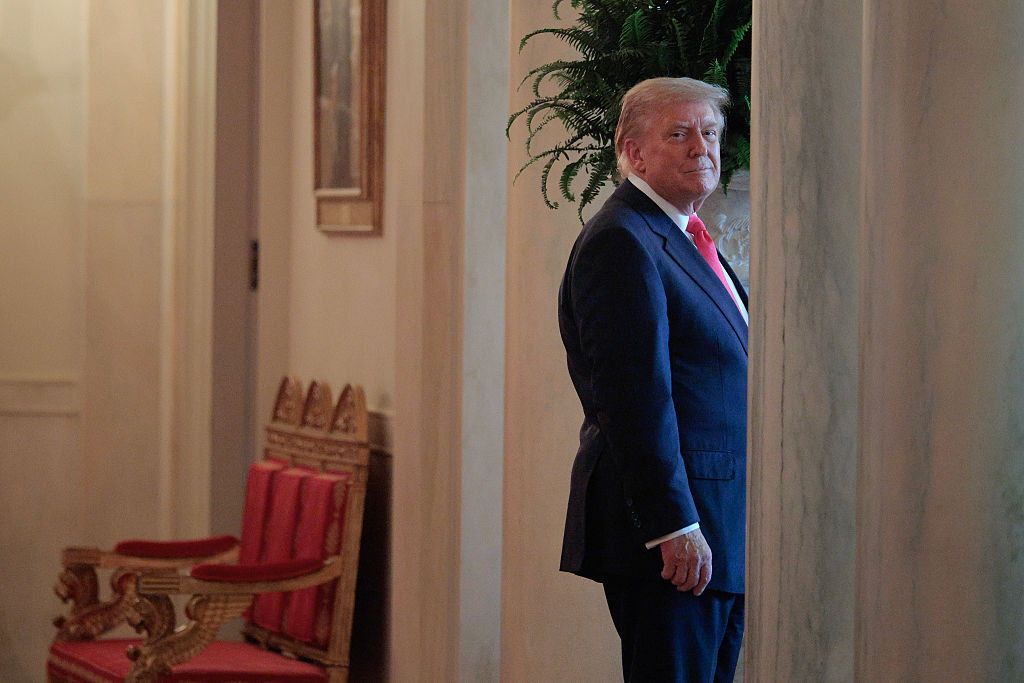







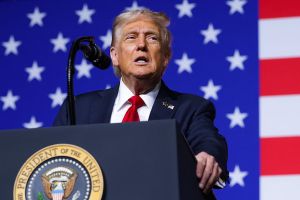

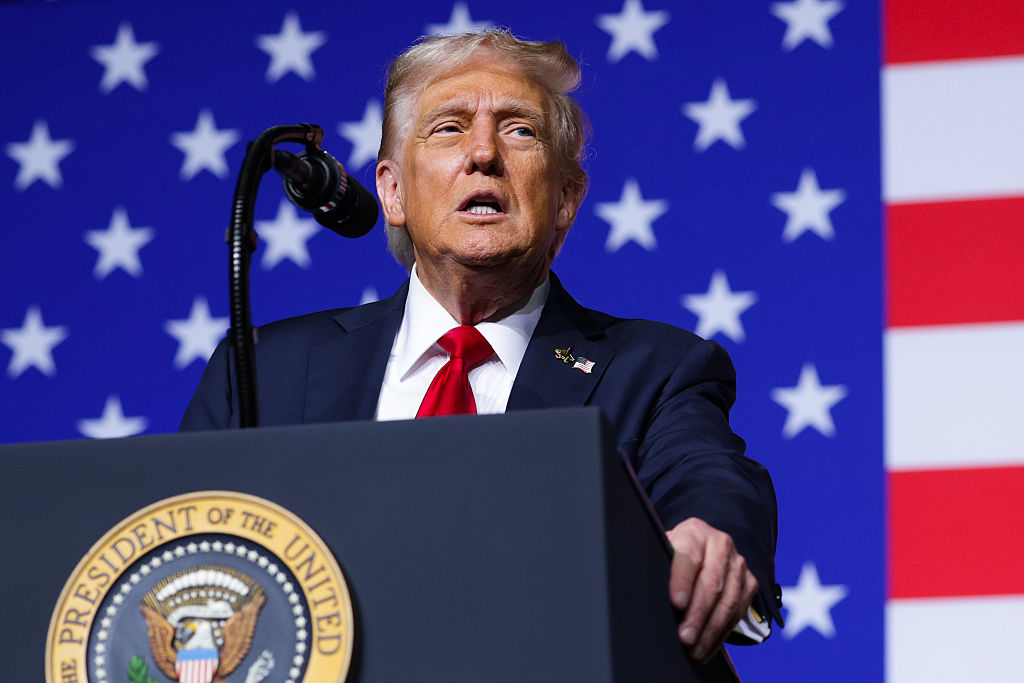
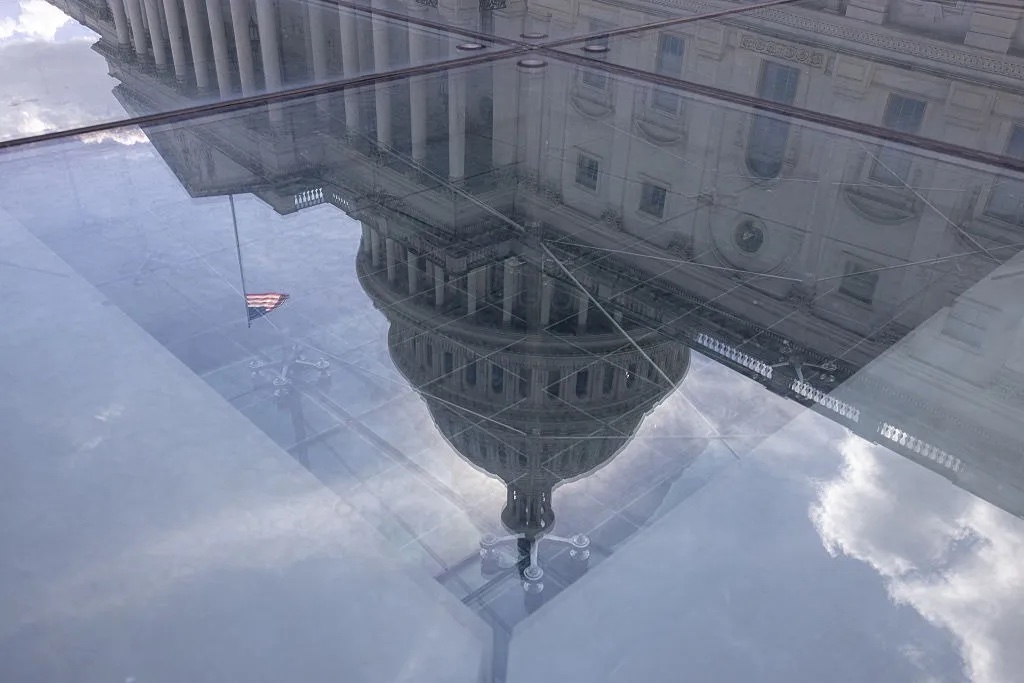
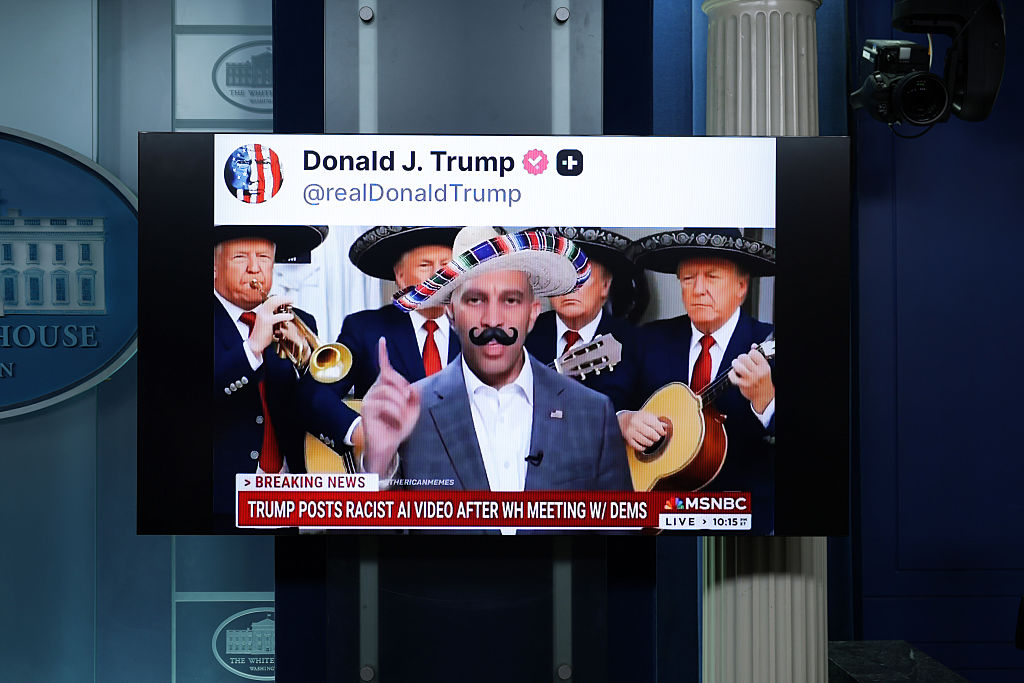

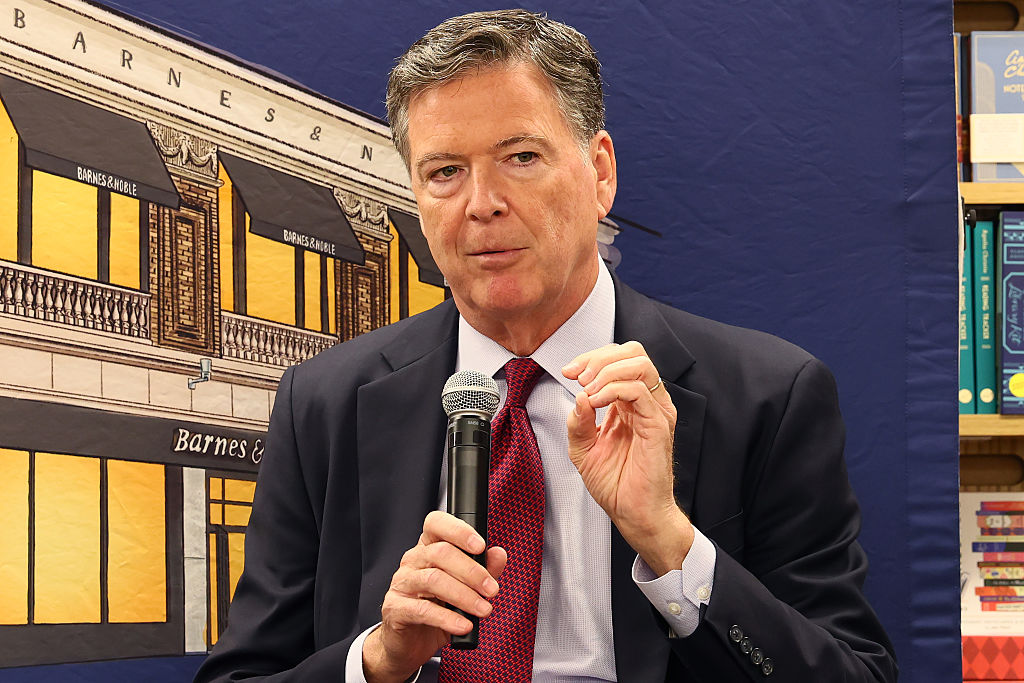








Leave a Reply